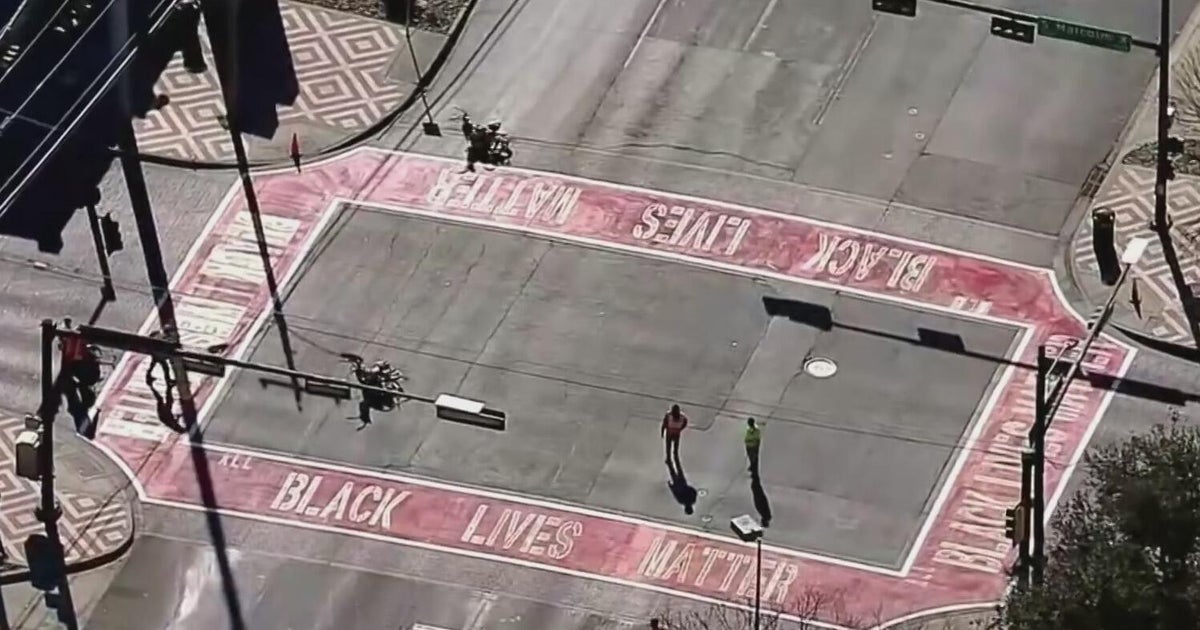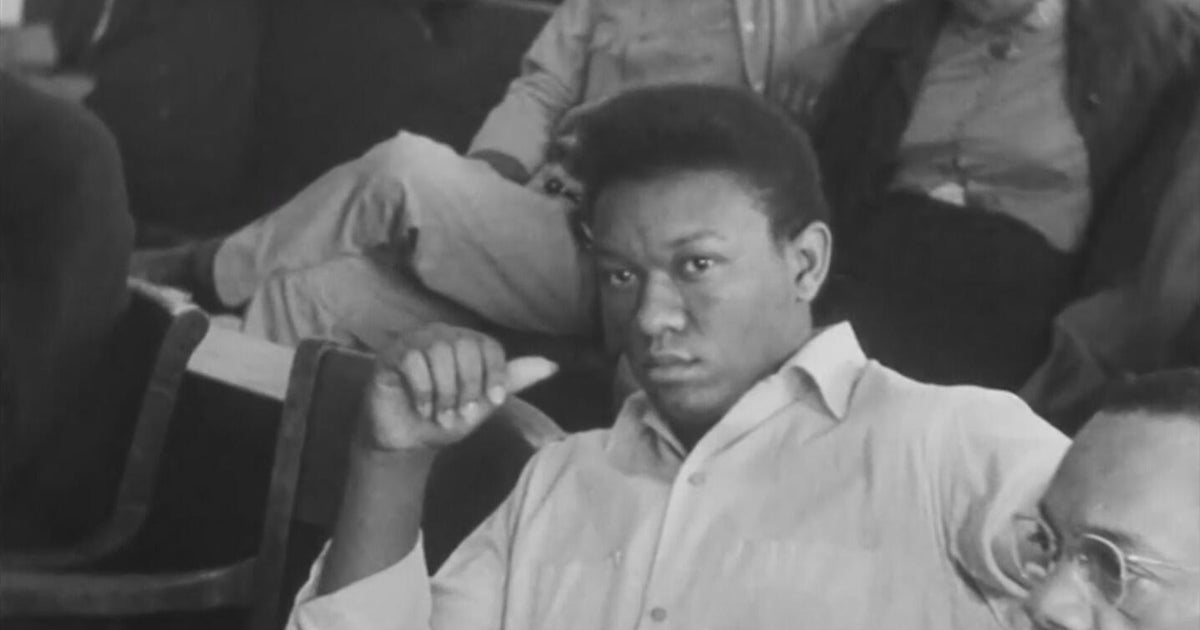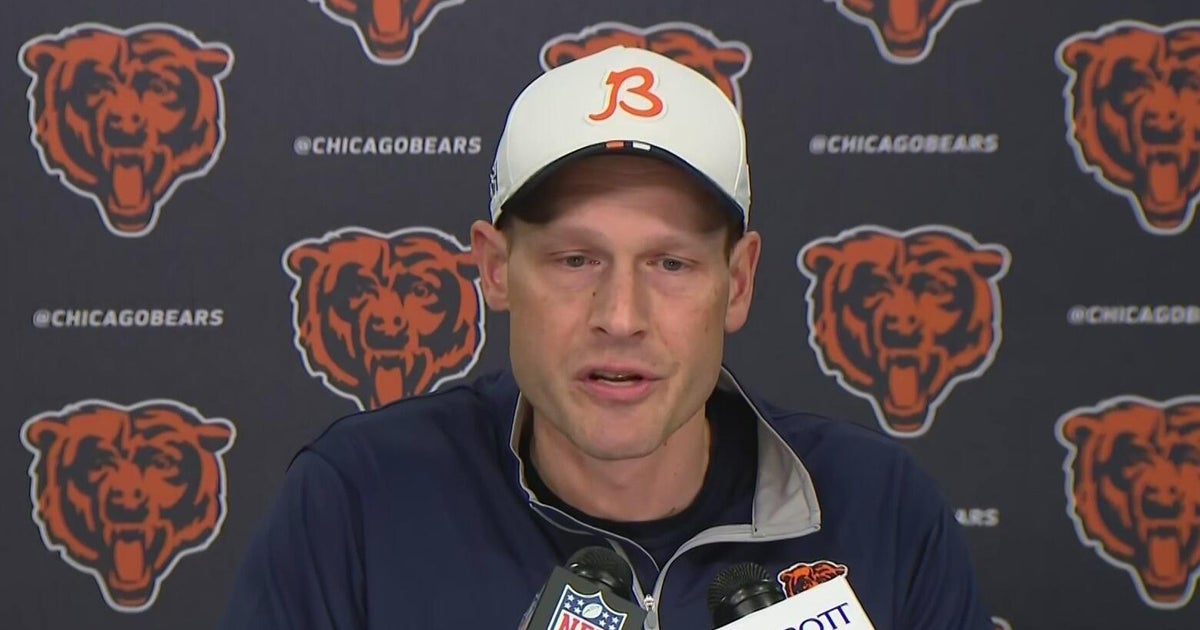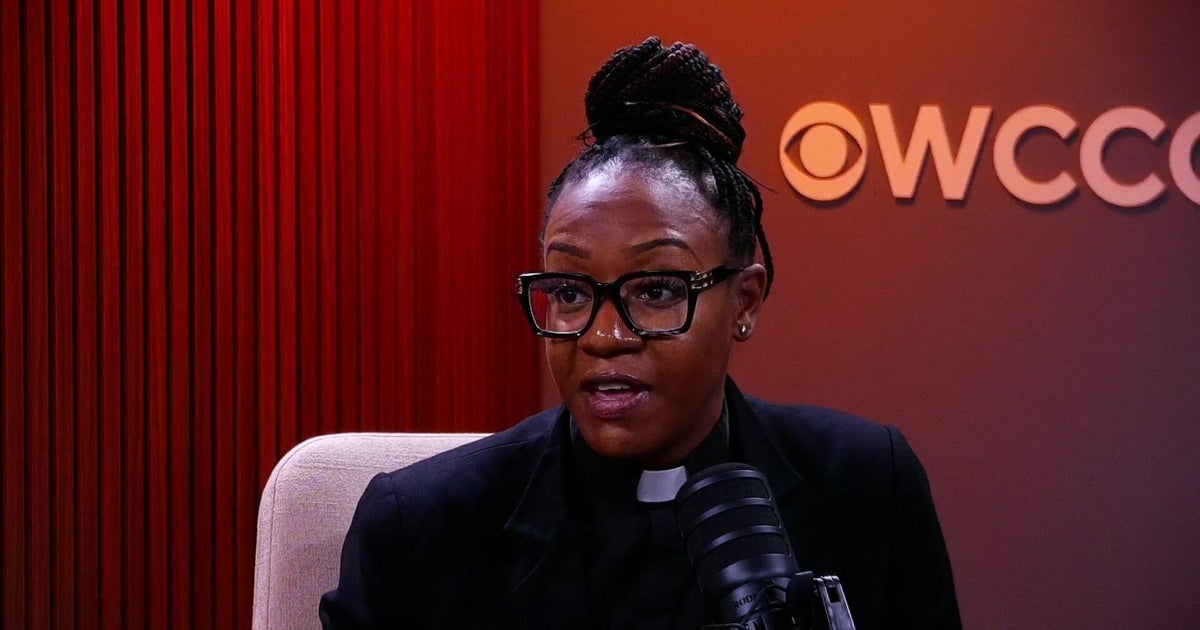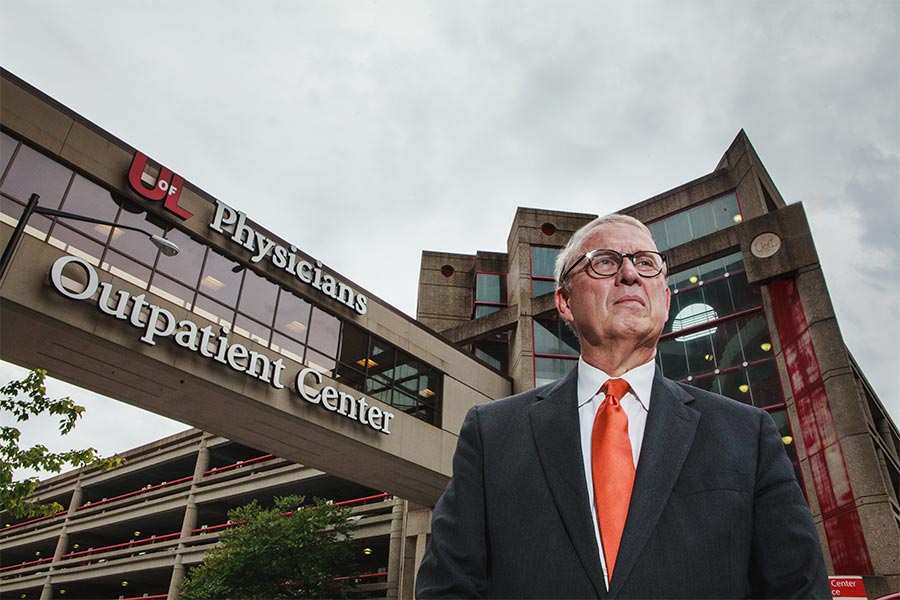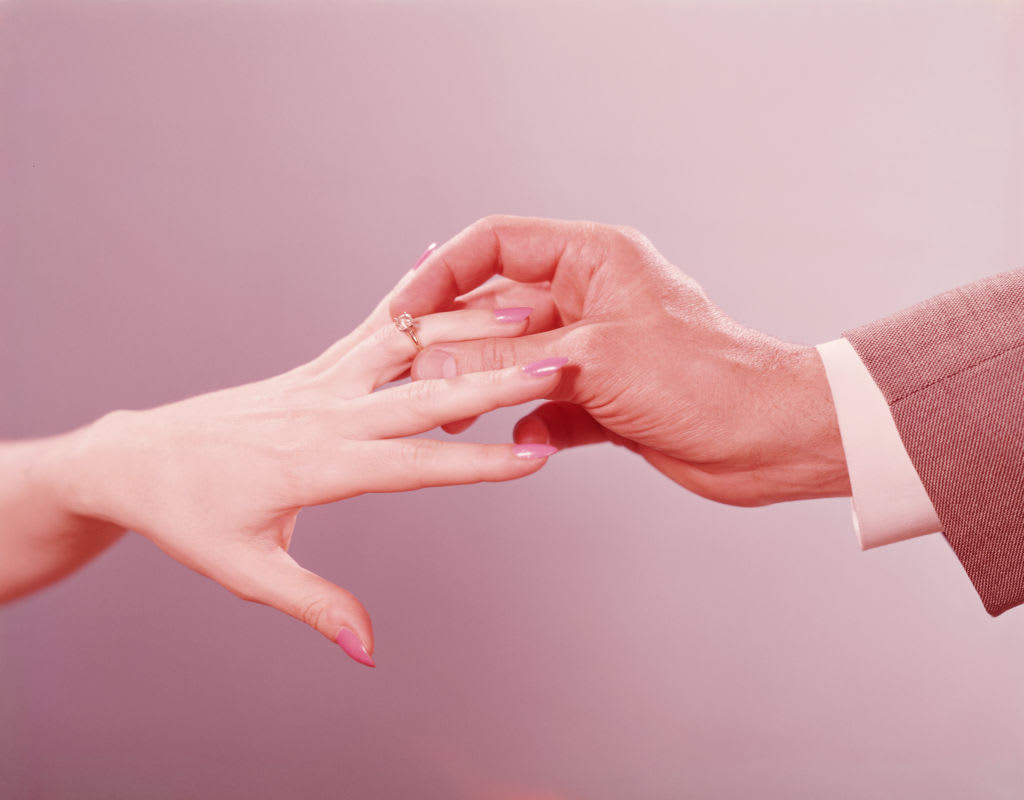Woman who live-streamed breast cancer surgery saw opportunity to "pay it forward"
DALLAS -- One day after streaming her breast cancer surgery live on Facebook, 50-year-old Sonia Johnson spoke with "CBS This Morning" and said she was motivated to give back by raising awareness. "This, to me, was an opportunity to pay it forward to hopefully to reach someone to let them know that this is a journey, but you have to be able to take the first step to get tested," Johnson said Friday. "And even though it's scary and we know we've met people along the way, we've lost people along this journey, it's doable if you get tested early."
Johnson, alongside her surgeon, Dr. Allison DiPasquale, offered an inside look from the operating room for about 27 minutes at the Methodist Charlton Medical Center. DiPasquale said they encountered no complications.
"We took extra precautions but I operated just like I do every day. We focused on the patient. The main deal was getting Sonia out of that surgery cancer free," DiPasquale said. DiPasquale hoped the live stream would remind viewers to get their mammograms.
"Just getting that mammogram is early detection and can help save lives," DiPasquale said.
The American Cancer Society recommends women with an average risk of breast cancer – "meaning that if you don't have a family history of breast cancer or any other high-risk features," DiPasquale said – should have the option to start annual screenings with mammograms at the age of 40. Starting at age 45, women should get screened every year.
"Now, if you have a family member, a first-degree family member who has had breast cancer, you go 10 years prior to that to start your imaging," DiPasquale said. A first-degree family member is a close blood relative like a parent or sibling.
Men can also get mammograms if they notice any changes in their breast tissue, DiPasquale added.
Johnson said she wants people to remember, "This is doable."
"It's never too late to get the testing, it's never too late to start. I just wanted to let people know that you don't necessarily need to have a double mastectomy or a mastectomy. There are options, there are more options available now than there were I would say 20 years ago," Johnson said.
Now Johnson said she's telling everyone she had cancer – "so it makes a difference."
